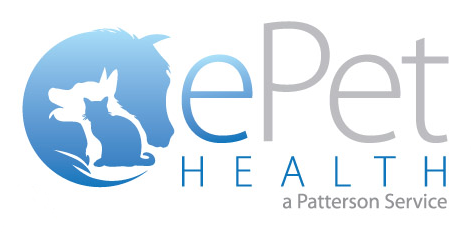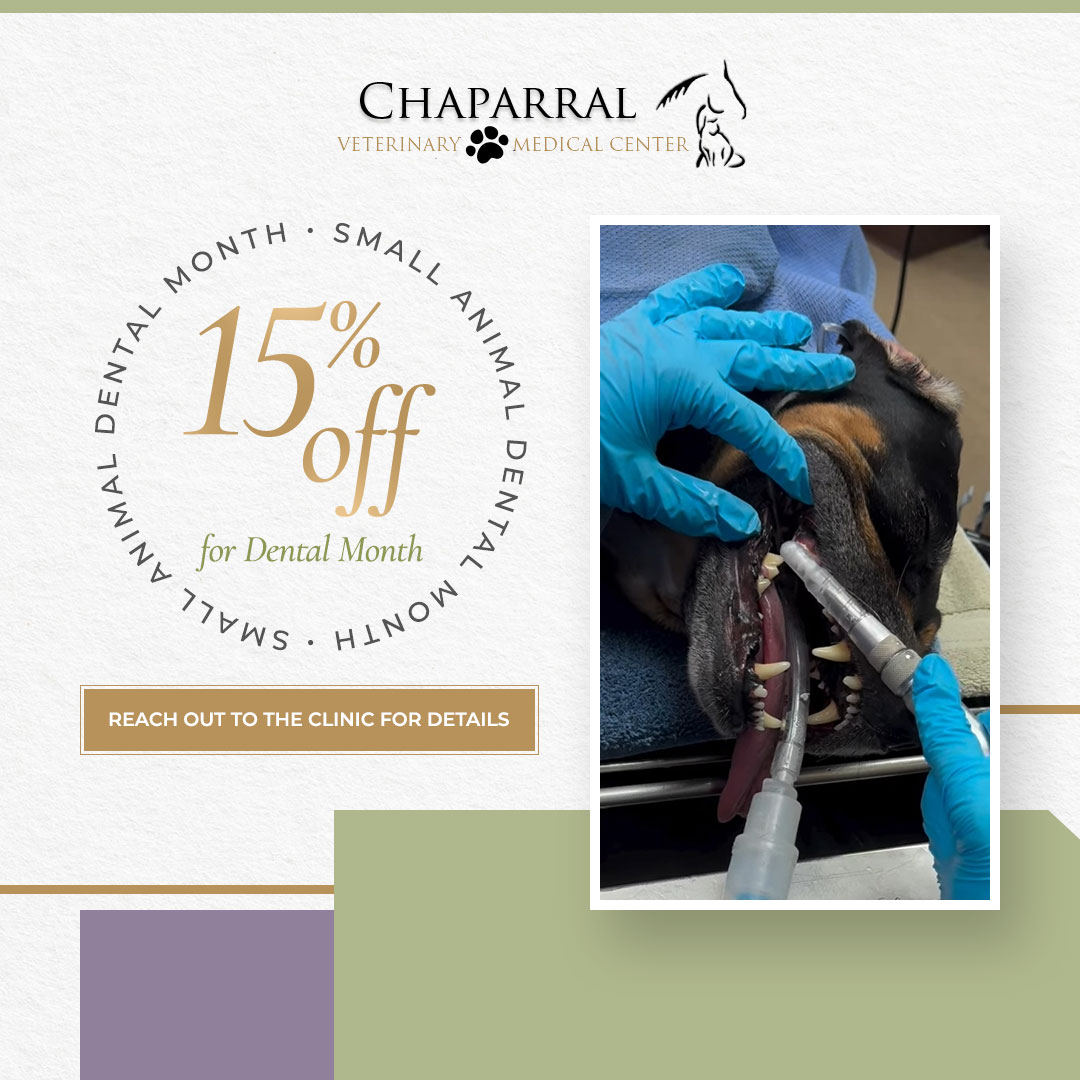Cave Creek, AZ 85331
Nutrition
Nutrition
Good Nutrition for the Life of Your Horse
Horses have unique feeding and nutrition needs in the mammal world, and a good understanding of how they digest and use food is necessary to keeping your horse healthy. First of all, the horse’s large size belies its relatively small stomach. Its digestive system was designed to digest small amounts of forage all day long—not for eating two or three large meals at fixed times during the day. Also, the horse’s digestive tract is very sensitive to impurities. Because they cannot vomit, there is no way for horses to quickly eliminate contaminated food from their bodies. This can lead to colic, which is extremely painful and can be deadly. So it is important to provide your horse a clean, slow and steady supply of nutritious food and plenty of clean, fresh water. The horse’s long, complex and sensitive digestive tract also requires that you never abruptly change his or her diet.
Horse Nutrition Needs at Various Life Stages
Your horse needs the following basic nutritional elements to stay healthy: water, carbohydrates (for energy), protein (for tissue support), minerals and vitamins.
It is important to ensure that a clean, bacteria- and algae-free source of fresh water is constantly available to your horse all day, all year round to prevent dehydration. Keeping your horse well watered in the summer is important, but also be sure that your horse’s water source does not freeze in the winter.
Typically, horses get their energy from eating grasses and hay in small amounts throughout the day. Today, horse feed concentrates are often added and usually include grains such as oats, barley, corn and wheat. Not all horses have the same energy intake requirements. Lactating mares, growing horses and horses with a heavy work or exercise load need the most energy, whereas older horses and horses that do not have a heavy workload need less. It is important to find the right balance for your horse by working with your veterinarian. Any sudden changes in diet, particularly a rise in the level of sugars and starches, can lead to dangerous colic, colitis or laminitis.
The protein needs of horses also vary depending on age, life stage and workload. Once again, lactating mares, young horses and hard-working horses require more protein, but the typical adult horse only needs between 8-10 percent in their diet. This can be added through alfalfa or legumes in the feed.
The right balance of vitamins and minerals is essential to the overall health of your horse also. It is commonly necessary to supplement a horse’s feed with vitamins A, D and E because they are not always present in sufficient amounts in a horse’s natural diet.
The key to your horse getting the right nutritional balance for good health is to talk with your veterinarian and get recommendations for your horse based on his or her lifestyle and health concerns.

Mission Statement
"We have a commitment as a team to improve ourselves both personally and
professionally so that we may better serve our patients by providing quality
veterinary care."
Our Slogan:
"Partners for Life"
Our Motto:
"Expect Excellence"

Cards Accepted






